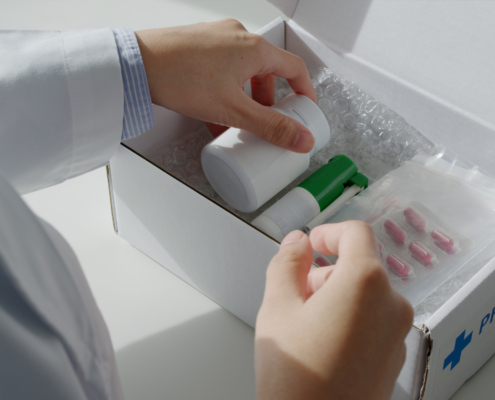While medical couriers play a vital role, traditional transportation methods often struggle to meet the ever-growing demands of bio-shipping. Traffic congestion in urban areas can significantly delay deliveries, putting time-sensitive biomaterials at risk. Additionally, human error, such as route miscalculations or improper handling, can compromise the integrity of these delicate cargos. Furthermore, traditional methods often have limitations in reach, especially for remote locations or disaster zones.
Another critical challenge is temperature control. Organs, vaccines, and blood samples all have specific temperature requirements for maintaining their viability. Traditional methods rely on specialized packaging and precise scheduling to maintain these temperatures, but even minor deviations can render biomaterials unusable. This constant pressure to ensure precise temperature control throughout the entire delivery process adds significant complexity to bioshipping logistics.
Additionally, the specialized packaging solutions and expedited delivery required for bioshipments can be very expensive for medical couriers. This high cost can limit access to these essential services for smaller medical facilities. It can also be limiting in situations requiring urgent but resource-constrained transport.
Lastly, traditional methods often rely on vehicles that contribute to pollution, deepening the impact of carbon footprints. There is also the consideration of packaging waste after a delivery has been made to medical professionals.











